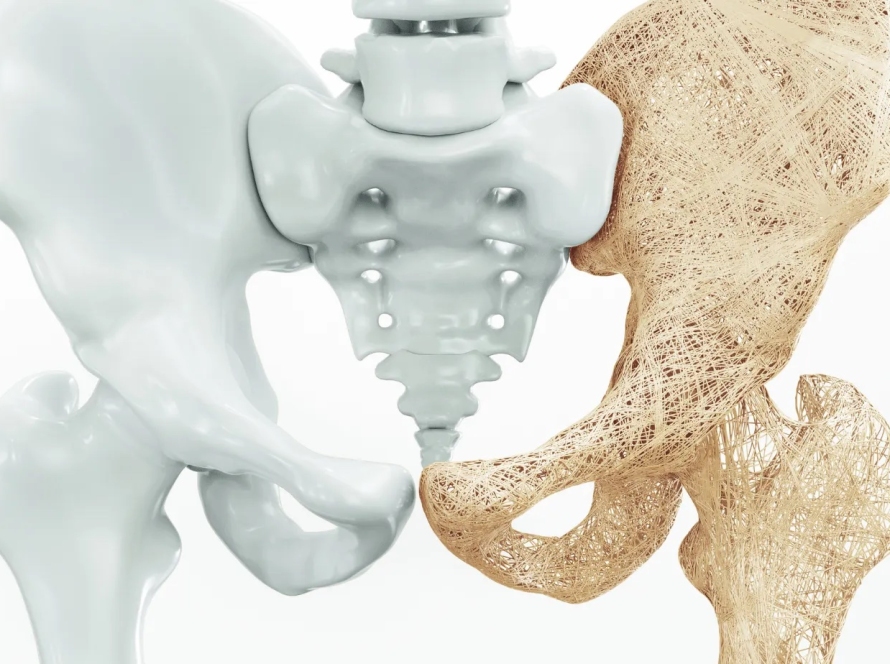Obstructive sleep apnea
Patient History:
A 40-years-old female with obstructive sleep apnea said: “two years ago, I had a loud snore and developed a constant headache. I started falling asleep quickly and could hardly stay awake. Unfortunately, things got worse; I began to fall asleep during work times. And my blood pressure became high, so I had to see a doctor.
The doctor diagnosed me with obstructive sleep apnea and asked me to do some lifestyle changes, which helped me a lot actually, and my condition improves within a few months.”
Definition of obstructive sleep apnea (OSA):
Obstructive sleep apnea (OSA): is a disorder that causes the breath to stop while sleeping.
This kind of apnea occurs when the airway muscles over relax and block the airway during sleep.
Older people are most susceptible, but it can affect young ones too.
How much time does it last?
This disorder is a long-term condition that may never improve without surgery, especially if the primary cause is anatomic. Otherwise, lifestyle changes and some medical devices may help a lot in improving the condition.
Symptoms:
Signs and symptoms may include:
- Snoring – usually loud
- Daytime tiredness and headaches
- Difficulty concentrating
- Depression and forgetfulness
- Chocking during sleep (the most distinguished symptom)
- Sore throat and dry mouth
- Nocturia – which is waking up during the night to pee
- Sweating or feeling wetness in the bed
Childs can also present with learning problems due to the lack of getting enough rest.
Causes:
Mainly, Sleep apnea occurs when the airways get narrow, causing the breathing to stop dozens of times during sleep. So that Causes can be widely differing. It may include:
- Enlarged tonsils or adenoids
- Nasal congestion
- Sinusitis
- Deviated nasal septum
- Nasal polyps
Some rare cases can be accompanied by obstructive sleep apnea like:
- Dawn syndrome
- Prader-Willi syndrome
- Pierre robin syndrome
- Marfan syndrome
Risk Factors:
- Overweighed patients
- Alcohol consumption
- Male patients more than female ones
- Smoking
- Sleeping on the back
- Patient who has relatives with obstructive sleep apnea (OSA)
- Postmenopausal state
- Older people
- Rapid eye movement sleep (REM sleep)
- Being a black, Hispanic, or native American patient
- Having a large tongue
When to see a doctor?
A patient may not feel any symptoms except daytime headaches, tiredness, and difficulty concentrating; in this case, the patient’s partner may observe night signs like loud snoring or gasping.
Anyway, the signs and symptoms that require a medical consultation include:
- Loud snoring that disturbs others sleep
- Chocking while sleeping
- Extreme drowsiness that prevents you from doing daily work
- Repeatedly gasping while sleeping
These signs and symptoms should be taken seriously because neglected obstructive sleep apnea can cause you a severe health condition.
Diagnosis:
Medical history and physical exams often help diagnose obstructive sleep apnea. If you have a partner, you may need to bring him so that the doctor can ask him about your sleep pattern and habits.
A doctor may ask you to do polysomnography in sleep centers.
Polysomnography is a sleep study that measures many things while you sleep, like breathing rate, heart rate, oxygen levels, brain waves, and body movements.
Imaging procedures like x-ray can be done to determine the anatomical cause in some cases.
Differential Diagnosis:
- Central sleep apnea
- Chronic obstructive pulmonary disease (COPD)
- Asthma
- Gastroesophageal reflux disease (GERD)
- Hypothyroidism
- Pulmonary edema
Management:
Lifestyle change plays an essential role in managing mild obstructive sleep apnea, especially when you have a risk factor.
These changes often include:
- Losing weight
- Quitting smoking
- Avoid sleeping on the back
- Reducing the amount of alcohol you drink
A doctor may prescribe a decongestant if you have congestion; it often improves the condition.
For more severe conditions, you might need to use a continuous positive airway pressure device (CPAP device), a mask that pumps air into your airway to keep it from closing or narrowing while you sleep.
When none of these solutions helps you, surgery would be the last option.
And remember, if you have any concerns about non-emergent health conditions, you may schedule a telemedicine consult with Dr Kaako for an individualized consultation.
References:
- Mayoclinic.org
- Webmd.com
- Medscape.com
- Nhs.uk


